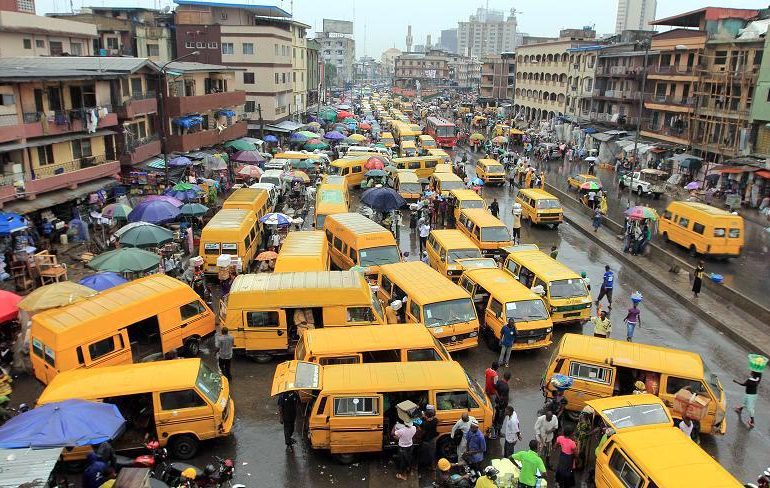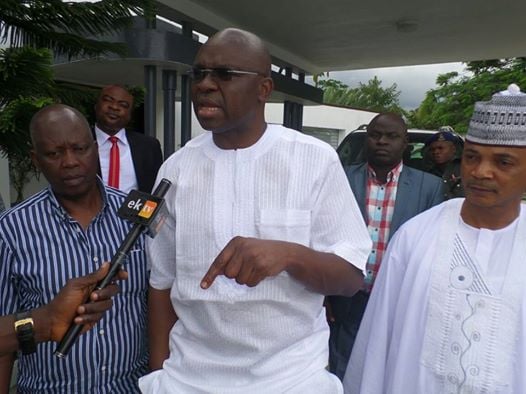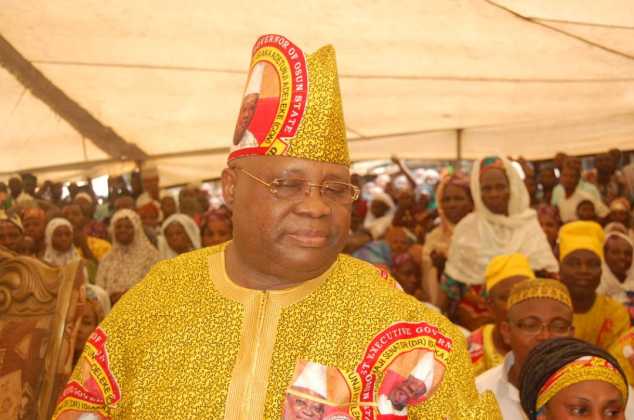Despite having the highest internally generated revenue (IGR) in 2017, Lagos state may be on “shaky grounds” as a result of its increasing debt profile.
This is according to the 2018 edition of the State of States Report released on Tuesday by BudgiT, a civil society organisation.
The report measures the fiscal sustainability of the 36 states in the federation.
Fiscal sustainability is the ability of a government to sustain its current spending, tax and other policies in the long run without threatening its solvency or defaulting on some of its liabilities or planned expenditures.
Advertisement
According to the report, though Lagos state accounted for approximately 35.86 percent of total IGR collected in the country in 2017, its total debt stock rose from N456.8 billion in 2014 to N813.04 billion in 2017.
This made the south-west state the most indebted, accounting for 18.08 percent of the total debt stock.
“With its IGR not expected to grow significantly above N300 billion, and its share of FAAC revenue in the first six months of 2017 at N6.6 billion, Lagos is expected to meet its recurrent expenditure obligations,” the report read.
Advertisement
“However, Lagos’ unusually high overhead costs and debts continue to weigh its revenue down.
“Lagos’ 2018 spending plans suggest she may be borrowing heavily through the financial year.
“The state has a proposed budget of approximately N1.046tn, with 66.8% (or N699.082bn) going into Capital items, while the balance will be spent on Recurrent items, including the servicing of public debts, payment of salaries and emoluments of workers and other associated Overhead costs.”
The report said Rivers state is top of the index owing to its increased crude oil earnings and having a “significant share” of the Federal Account Allocation Committee (FAAC) disbursement.
Advertisement
“Rivers state sits on top of the Fiscal Sustainability Index due to its robust revenue profile and manageable recurrent expenditure obligation,” the report read.
“The state’s actual revenue of N209.12 billion in 2017, when juxtaposed with its recurrent expenditure obligation of N141 billion in the same year, indicates Rivers is fiscally stable, and able to cover its recurrent expenditure without borrowing.”
Bayelsa, Delta, Akwa Ibom, Edo and Ondo were listed among the top ten states in the Fiscal Sustainability Index assessment.
Three major indices were used in the ranking.
Advertisement
Index A assesses the ability of states to meet their recurrent expenditure obligation with state-owned revenue like value added tax, 13 percent derivation and IGR.
Index B analyses states’ ability to cover all recurrent expenditure obligations without resorting to borrowing, while Index C focuses on states’ ability to manage their debts sustainably.
Advertisement
Add a comment






